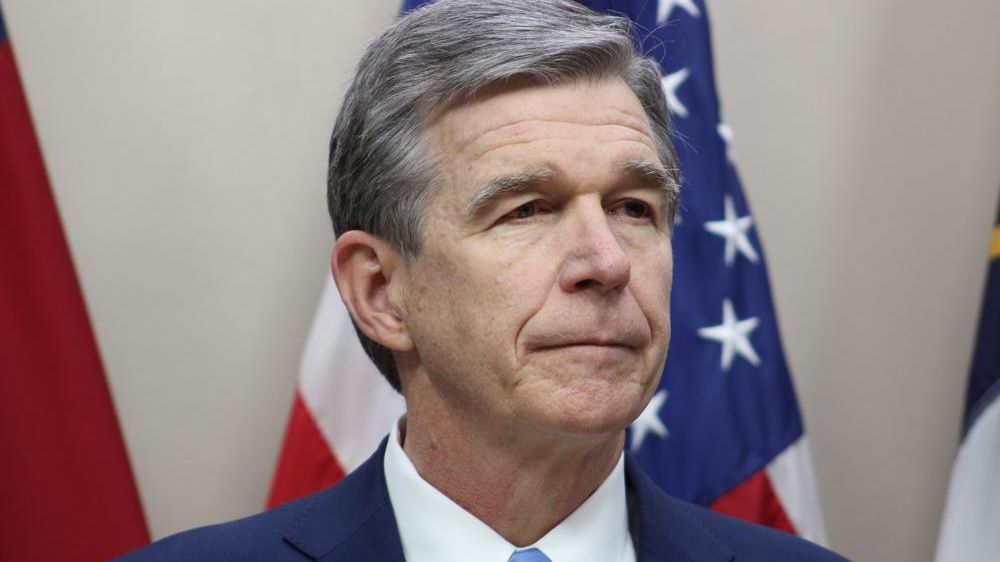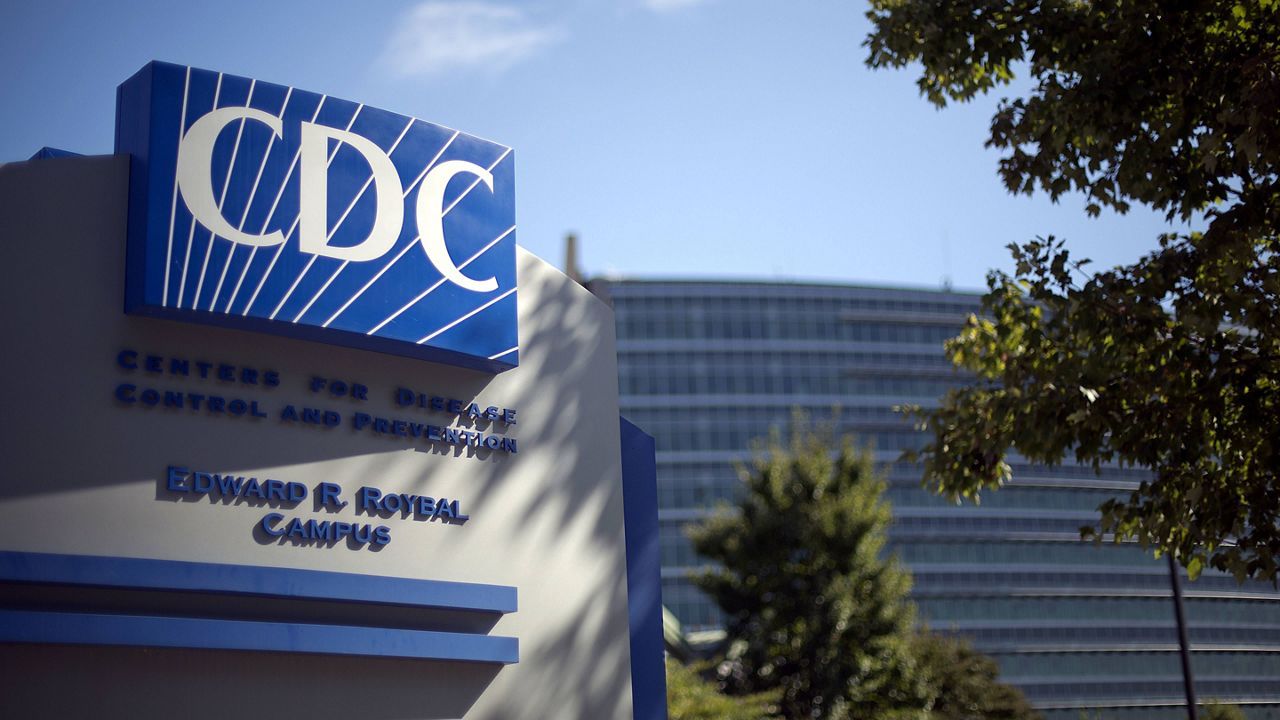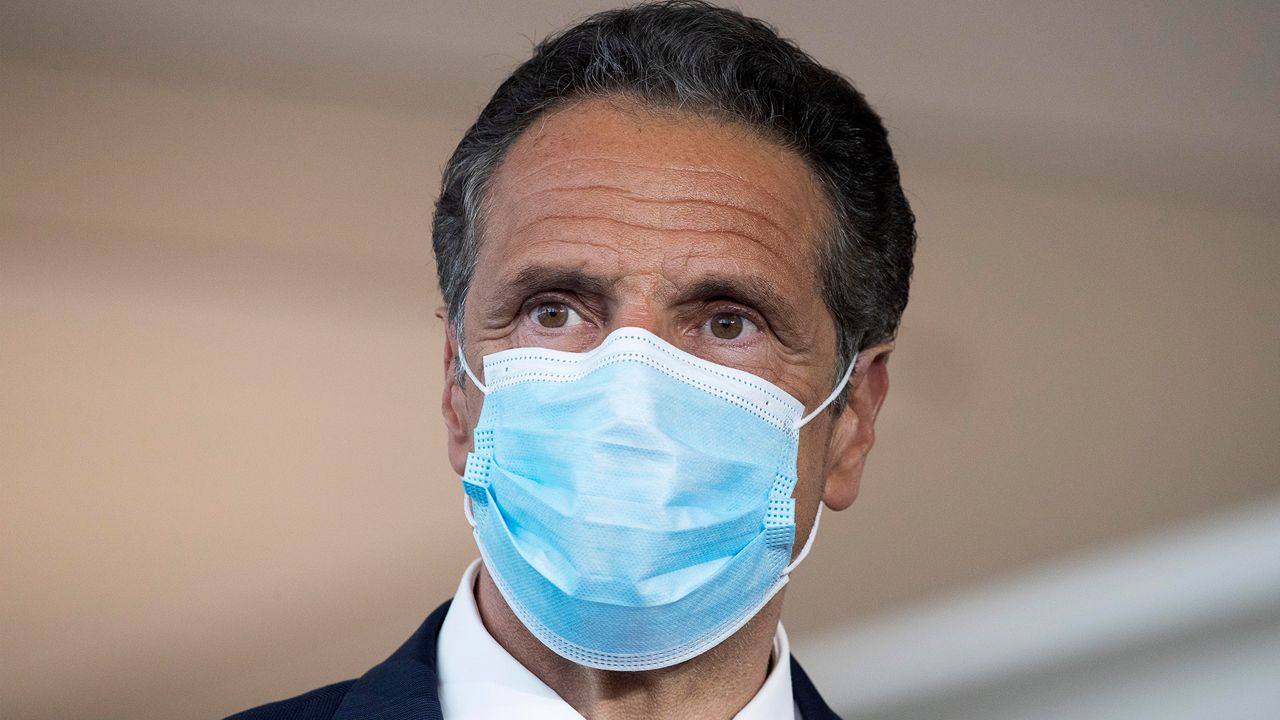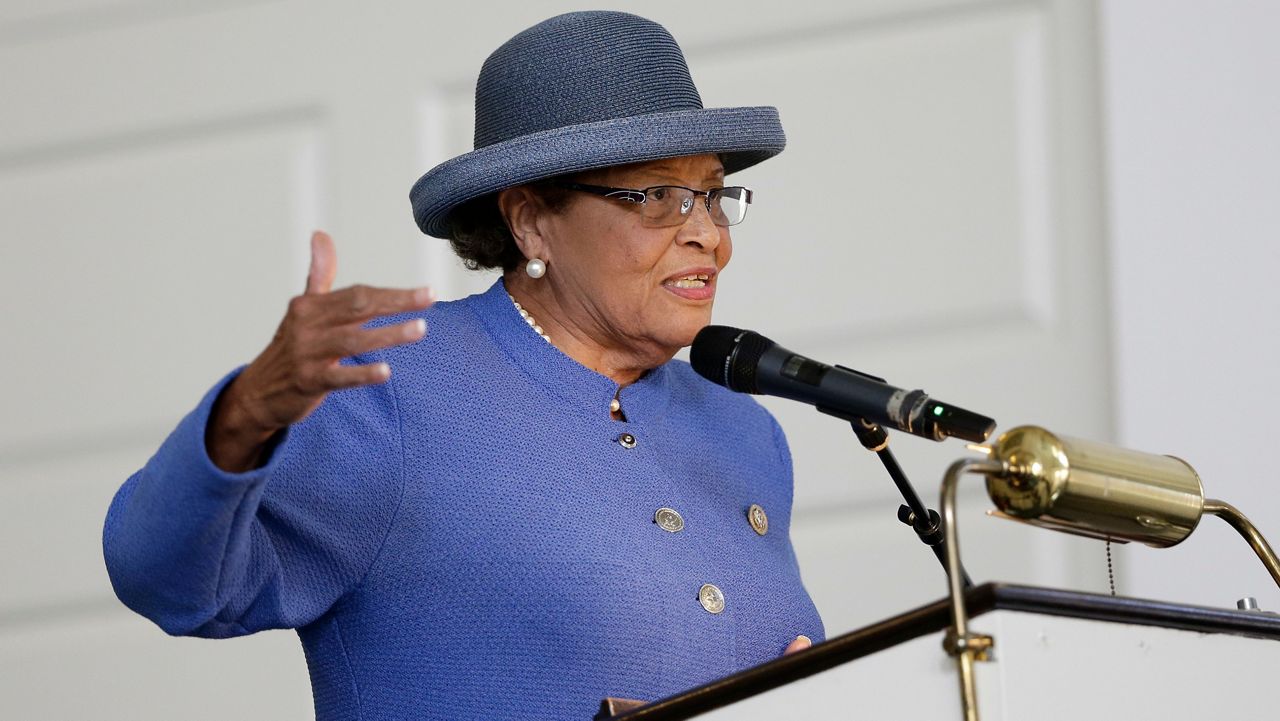On Aug. 15, North Carolina’s pandemic state of emergency will end, 29 months after it began, Gov. Roy Cooper said.
The governor declared a state of emergency in March 2020 as the first cases of the coronavirus began showing up in North Carolina.
Since then, almost 3 million people have reported testing positive in the state and more than 25,000 people have died, according to the Department of Health and Human Services.
North Carolina’s governor can declare a state of emergency when there’s a natural disaster, like a snowstorm or a hurricane, after a terrorist attack in the state, or some other major disaster. For more than two years, that has also included a global pandemic.
Before COVID-19, North Carolina’s governors would use emergency powers to do things like order evacuations or institute curfews when a major hurricane threatens the state.
The state of emergency gives the governor special powers to direct state resources, request help from the federal government and trigger anti-price gouging laws. The governor’s emergency powers are laid out in the North Carolina Emergency Management Act, General Statute 166A.19.
The governor has used his emergency powers over the past two years to close schools and “non-essential businesses,” institute a statewide mask mandate, and loosen regulations so more people like EMTs can do things like give vaccine shots.
Since issuing his first COVID-19 emergency order on March 10, 2020, Cooper has issued about 120 orders and directives as part of the state’s pandemic response.
A March 14, 2020, order cited the governor’s emergency powers when the state banned mass gatherings and shut down schools. Three days later a similar order, again citing the Emergency Management Act, shuttered restaurants and bars for dine-in service and expanded unemployment benefits.
On March 27, 2020, Cooper again used his emergency powers to issue a statewide “stay at home order.”
The state has come a long way from March 2020. The virus is still here, but so are vaccines and treatments. Most restrictions on things like business hours, gatherings and mask mandates are gone. But the state of emergency continues.
Statewide restrictions due to COVID-19 have gone away, either expiring or being replaced by new orders. Yet, the state of emergency remains, despite protests and objections from lawmakers.
Cooper and DHHS Sec. Kody Kinsley said the state of emergency remained in place because it gave them flexibility to help doctors, hospitals and other medical providers deal with the evolving nature of the pandemic. This includes things like making sure hospitals have enough staff and the state can keep up its capacity to give COVID tests and vaccines.
In a letter to legislative leaders on the second anniversary of the state of emergency, Kinsley wrote, “There are legislative actions that could enable the Department to continue to adequately manage COVID-19 without a State of Emergency.”
“There are several provisions that remain in effect and continue to be critical in our evolving COVID-19 response related to (1) the authority of the State Health Director to issue standing orders for COVID-19 vaccinations, treatment and testing, and (2) flexibility in the licensure and regulation of hospitals, nursing homes, other health care facilities, and EMS agencies,” Kinsley said.
The governor said he would end the state of emergency in a statement Tuesday as he signed the new state budget.
“The budget includes the changes in the law requested by the NC Department of Health and Human Services to ensure flexibility that is currently made possible by the Governor’s COVID-19 State of Emergency. The State of Emergency will be lifted on August 15, 2022,” Cooper said.
Public health leaders asked for these changes in state law so they could continue their strategy in responding to the pandemic in North Carolina.
Most major decisions on things like school mask mandates now fall to local governments, so people in North Carolina likely won’t see any difference as the state of emergency ends after 29 months.








